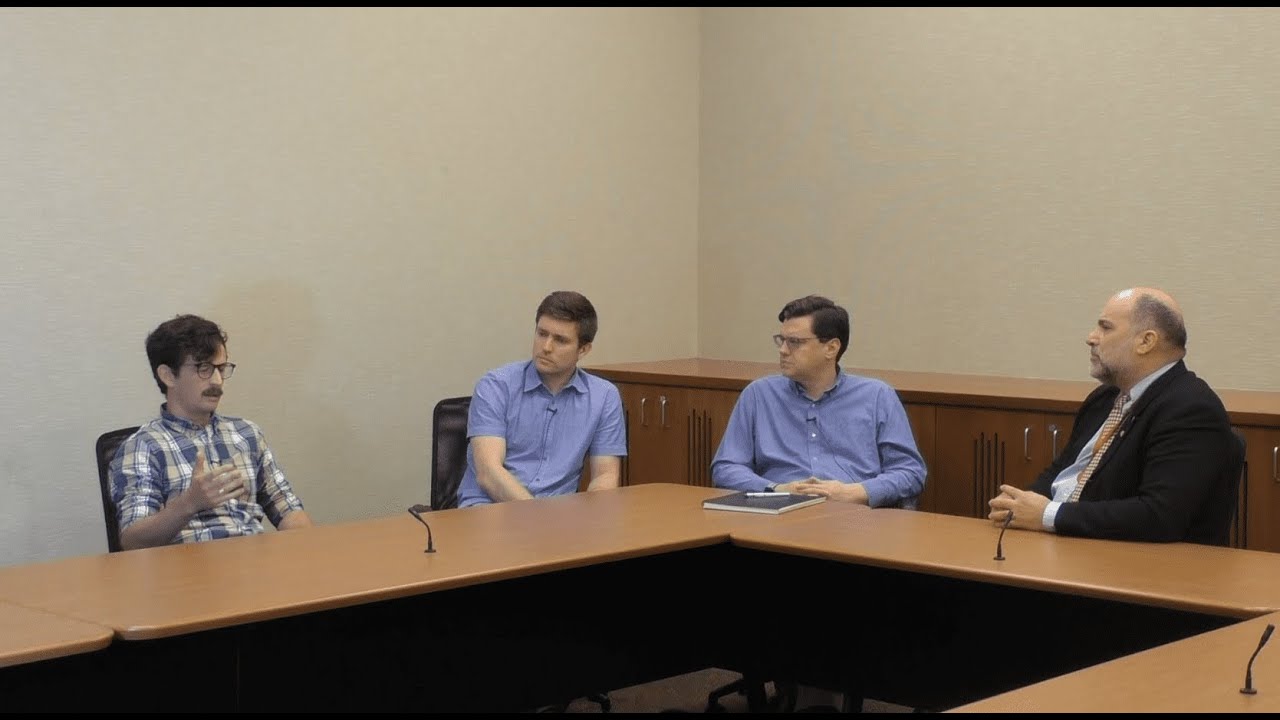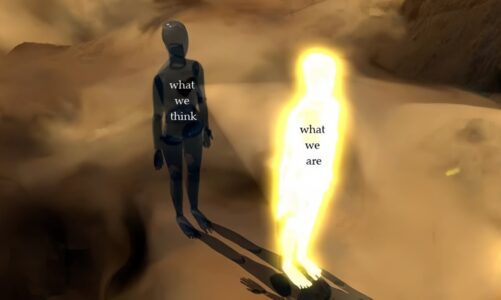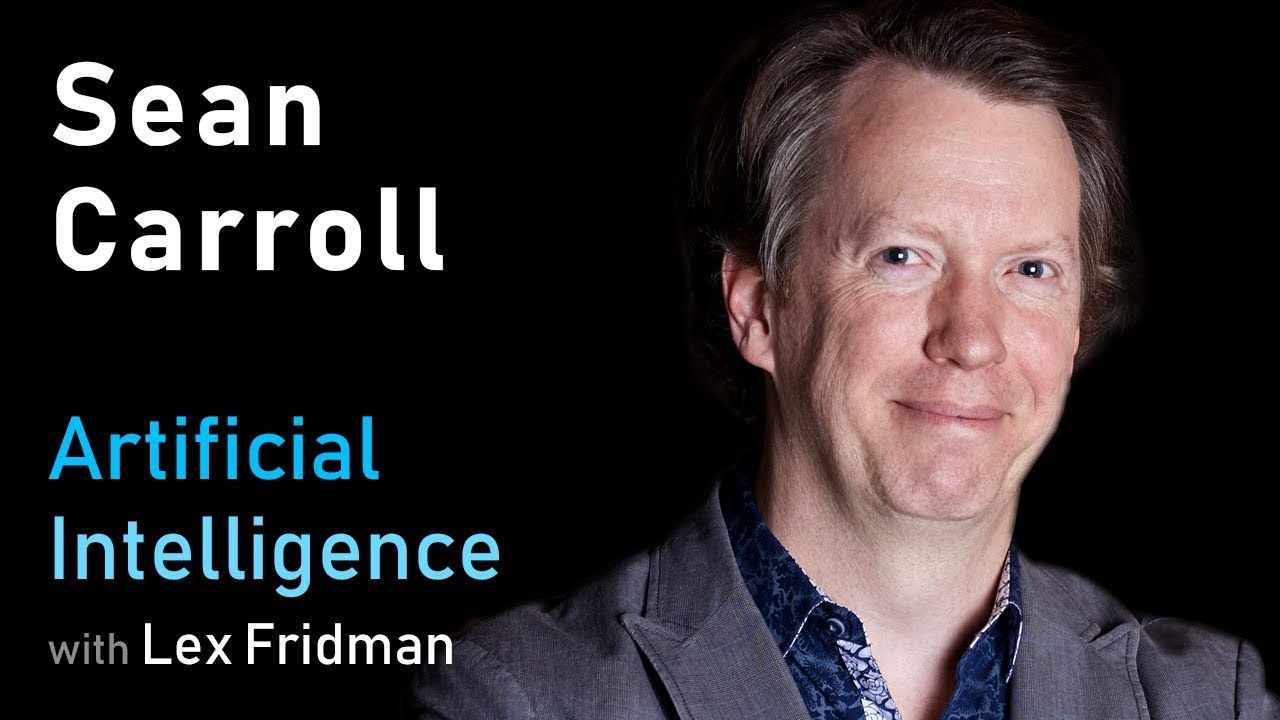Chapman University Brain Institute
Film date: Oct 10th, 2019
From left to right:
– James Weatherall, Ph.D., Professor of Logic & Philosophy of Science, UC Irvine
– Kelvin McQueen, Ph.D., Assistant Professor of Philosophy and affiliate of the Institute for Quantum Studies, Chapman University
– Andrew Jordan, Ph.D., Professor of Physics, University of Rochester
– Amir Raz, Ph.D., Founding Director and Professor of the Brain Institute, Chapman University
Source




Very enjoyable.
A scientific investigation wouldn't be possible without "free will". Without "free will", our minds ("brains") wouldn't know how to separate true information or usable data from influenced information or false data. The results from all scientific investigations would be corrupted. Although computers can be programmed to separate data, a computer can only process data by following a human programmer's instructions. For example, a computer can't decide on it's own to choose another way to separate data, it wasn't programmed to recognize as true information or usable data, and influence information or false data. Human beings can have unlimited creativity, like a professional master artist painting on a blank canvas (computers are limited by it's program and circuits), because of our unlimited imaginations.
A human mind is more than chemical reactions reacting to the environment, or a product of the physical universe (God created us). We all have a mind ("self-aware consciousness") that is uniquely ours (including genetically identical twins). A human mind probably exist at the quantum energy level (quantum vacuum energy state of matter) that supersedes classical physics (the ordering of cause and effect of the observable physical universe). This superseding property is necessary to have free will. It allows human beings (with God's help) to overcome their emotions, biases, other preconceived ideas, and instantaneous temptations.
Time is also needed to evaluate all possible choices accurately and completely, before a decision is made. Here's a link to an interview of Dr. Ruth Kastner PhD.; philosopher at physics department at New York State University (who believes "free will" is real and obeys the laws of quantum physics): https://www.youtube.com/watch?v=FvW_iZoogDo
The uncertain nature of people is not explained by randomness. Quantum phyics is not random. The positions of the subatomic particles only appear to be random, because exact measurements aren't possible (only probability measurements) with modern-day instruments.
Here's a link to a video by PBS Space Time that describes the Quantum Eraser experiment. It shows that quantum entangled particles, like a photon, can influence each other instantaneously across great distances in a timeless and spaceless quantum vacuum energy state of matter- "Is what really defines reality in this space-time" -PBS Space Time.
https://youtube.com/watch?v=8ORLN_KwAgs
It's becoming clearer that with all the brain and consciousness theories out there, the proof will be in the pudding. By this I mean, can any particular theory be used to create a human adult level conscious machine. My bet is on the late Gerald Edelman's Extended Theory of Neuronal Group Selection. The lead group in robotics based on this theory is the Neurorobotics Lab at UC at Irvine. Dr. Edelman distinguished between primary consciousness, which came first in evolution, and that humans share with other conscious animals, and higher order consciousness, which came to only humans with the acquisition of language. A machine with primary consciousness will probably have to come first.
The thing I find special about the TNGS is the Darwin series of automata created at the Neurosciences Institute by Dr. Edelman and his colleagues in the 1990's and 2000's. These machines perform in the real world, not in a restricted simulated world, and display convincing physical behavior indicative of higher psychological functions necessary for consciousness, such as perceptual categorization, memory, and learning. They are based on realistic models of the parts of the biological brain that the theory claims subserve these functions. The extended TNGS allows for the emergence of consciousness based only on further evolutionary development of the brain areas responsible for these functions, in a parsimonious way. No other research I've encountered is anywhere near as convincing.
I post because on almost every video and article about the brain and consciousness that I encounter, the attitude seems to be that we still know next to nothing about how the brain and consciousness work; that there's lots of data but no unifying theory. I believe the extended TNGS is that theory. My motivation is to keep that theory in front of the public. And obviously, I consider it the route to a truly conscious machine, primary and higher-order.
My advice to people who want to create a conscious machine is to seriously ground themselves in the extended TNGS and the Darwin automata first, and proceed from there, by applying to Jeff Krichmar's lab at UC Irvine, possibly. Dr. Edelman's roadmap to a conscious machine is at https://arxiv.org/abs/2105.10461